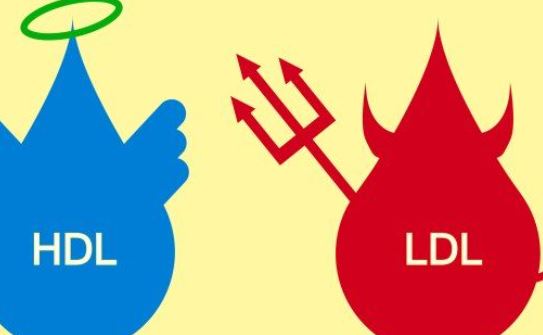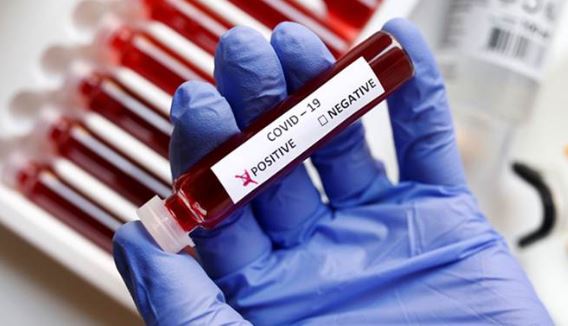LONG-TERM HEALTH EFFECTS OF COVID-19
LONG-TERM HEALTH EFFECTS OF COVID-19
Since COVID-19 was discovered only a few months ago, its having long-term effects and they are unknown, and while researchers are trying to have look at parallels with two other possible corona viruses, SARS and MERS-CoV, it will take some time to have a full picture of the longer term consequences of COVID-19.
Also Read: Russia to make coronavirus vaccine available to public next month: Report
COVID-19 can cause a variety of symptoms of varying severity in different types of people. Some might be asymptomatic or have mild or less severe symptoms, while others are sick enough to need hospitalization, supplementary oxygen and use of a ventilator’s. Broadly, as a respiratory virus, Corona causes fatigue, breathlessness and muscle ache. As this pandemic has evolved and clinical case histories have accumulated, a new symptom have began to emerge ie. the partial or total loss of taste and smell. This in itself is not unusual for a respiratory viral infection, but what was unique is that people had this symptom without any of the other usual symptoms of infection.
It is now clear that corona virus does not attack only the respiratory system, but some people have reported intestinal problems and other problems with their kidneys. Severe COVID-19 patients have experienced problem called ‘cytokine storm’, in which the body’s immune system goes into a potentially fatal overdrive and leads to multi-organ failure. It has also been seen with influenza, SARS and Mars-Cove.
Also Read: UK soon to give emergency approval to any COVID-19 vaccine breakthrough
——-
LONG-LASTING HEALTH EFFECTS OF SARS
Severe acute respiratory syndrome (SARS), a corona virus that emerged in 2003, produces symptoms similar to COVID-19. With COVID-19, people over the age of 60 are at highest risk of severe symptoms.
A study of the long-term effects of SARS conducted in Hong Kong showed that two years after having the disease, the exercise capacity and health status of one of the two survivors of SARS was worse than those who had never had the disease. Did not happen. Only 78% of SARS patients were able to return to full-time work 1 year after infection.
Another study conducted in Hong Kong also showed that 40% of people recovering from SARS still had symptoms of chronic fatigue 3.5 years after being diagnosed. Viral infections such as SARS and Epstein-Barr virus are known to trigger chronic fatigue syndrome that may last for months or years.
Also Read: Prevent Neck Shoulder and Back Pain During Work from Home Days | Corona Tips
——-
THE LONG-TERM OUTLOOK FOR COVID-19
An important feature of COVID-19 is how long symptoms can last. Early in the epidemic, initial medical advice on recovery time for mild COVID-19 suggested 1-2 weeks. However, many people have seen symptoms for 8 to 10 weeks or longer, and the symptoms may only seem to go away in order to get back to racing. A research group from King’s College London, UK, has developed a COVID-19 tracker app for people to record their symptoms, and it is estimated that the tracker showed 200,000 symptoms for the entire six weeks since launch Are giving
Many had a pattern of symptoms, where their symptoms initially increased, almost disappeared, then returned again with speed, with very detailed symptoms.
Also Read: Corona Test Updates:Portable Device to Detect COVID-19 in an Hour, at Rs 400 by IIT Kharagpur
An important question is what is causing the recurring symptoms – ie is it a persistent infection, reactivation (which seems unlikely based on current data), or whether the person is infected with another virus or even bacteria Done as is their immune system is still recovering.
Given the multi-organ effect of COVID-19 on the body, survivors may have a variety of long-term effects on their organs, including what some doctors call post-Covid lung disease. By looking at the organs affected during an infection, it can be estimated where the long-term effects on the body are likely to appear.
As we are still in the throes of the epidemic, and at a relatively early stage of a new disease, it is too early to tell what COVID-19 survivors are likely to experience in a year’s time.
However, some researchers are concerned that, along with SARS, many people with the new corona virus will develop post-viral chronic fatigue syndrome.
The future uncertainty for COVID-19 survivors is due to the fact that many long-term co-studies (studying genetic and environmental factors in large groups over a period of time) were reconstructed to study the physical, mental, and socio-economic consequences has gone. Ubiquitous epidemic.
——









